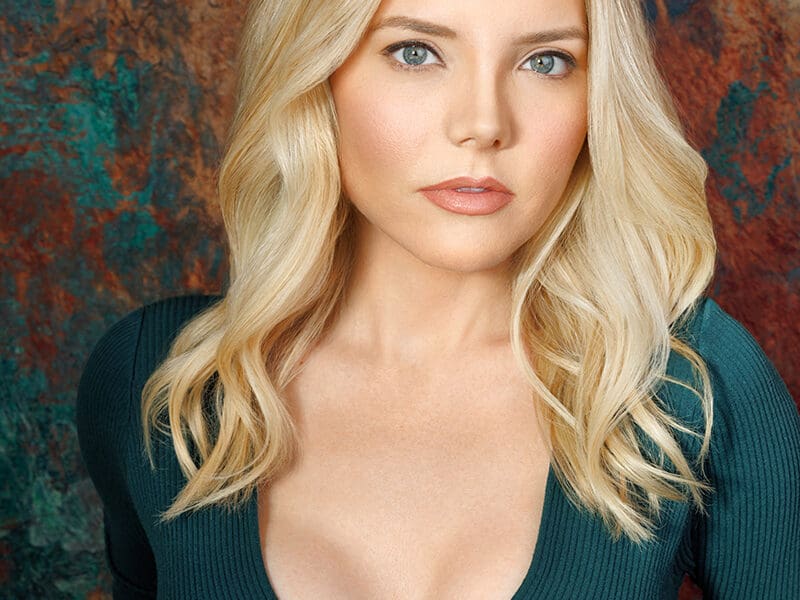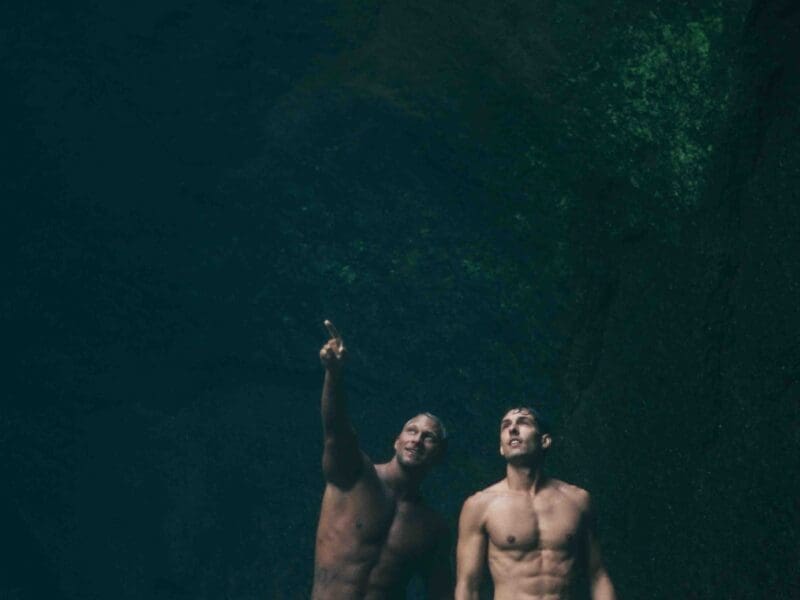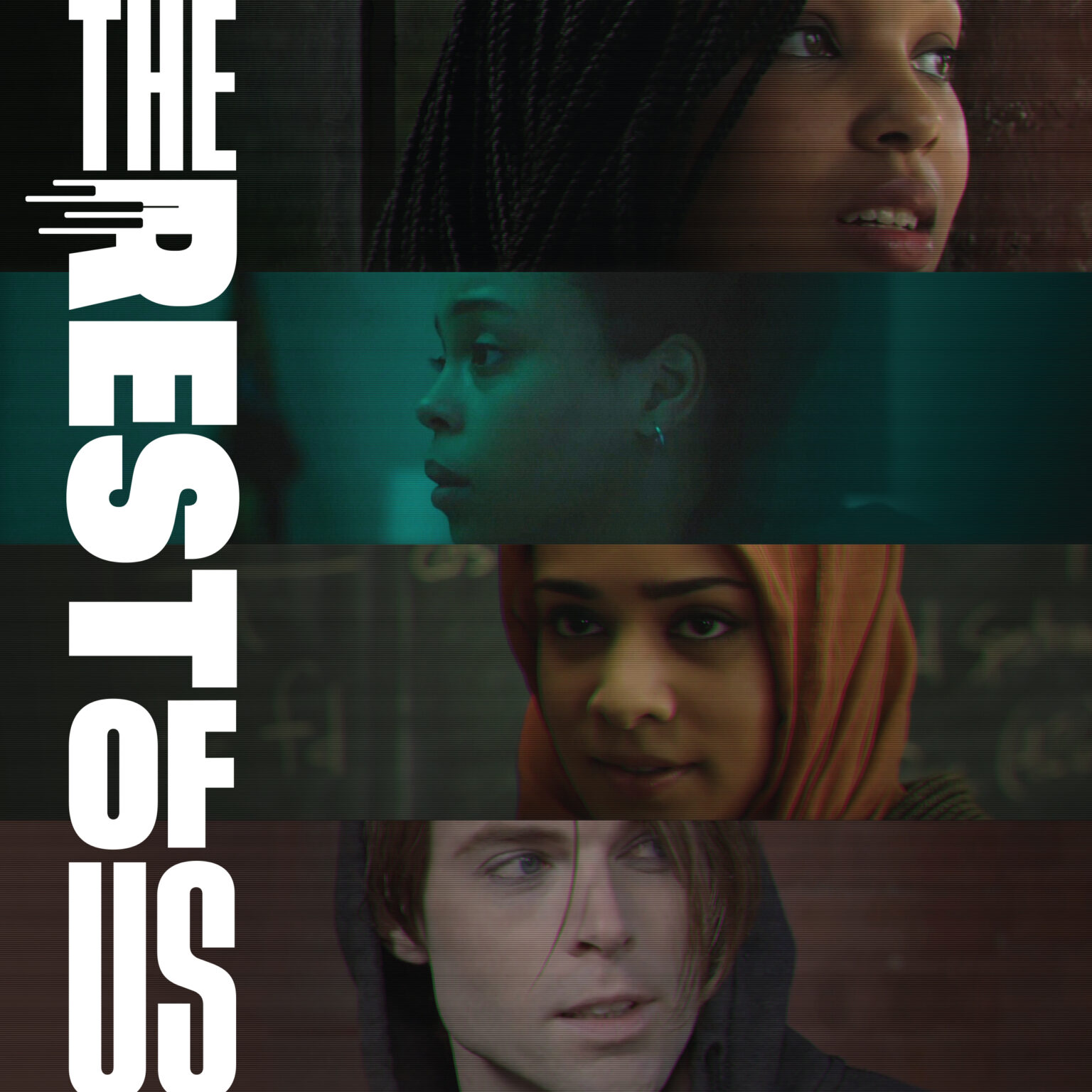
‘The Rest of Us’: Meet the film’s director Linda G. Mills
Throughout the COVID-19 pandemic, mental health has become a more important topic than ever as people are separated from the ones they love and the activities that bring them joy. But this is far from the first time mental health was a major discussion, as colleges have been dealing with this issue for years.
In The Rest of Us, directed by Linda G. Mills, a group of students attending the fictional Blair University are trying to combat a major mental health crisis on campus. After multiple students die by suicide, the campus is shaken by the events. But from these tragic deaths rise a diverse group looking to fight the stigma of mental health on their campus.
We spoke with Linda G. Mills about directing The Rest of Us and what drew her to such an emotional story. You can read the full interview below.
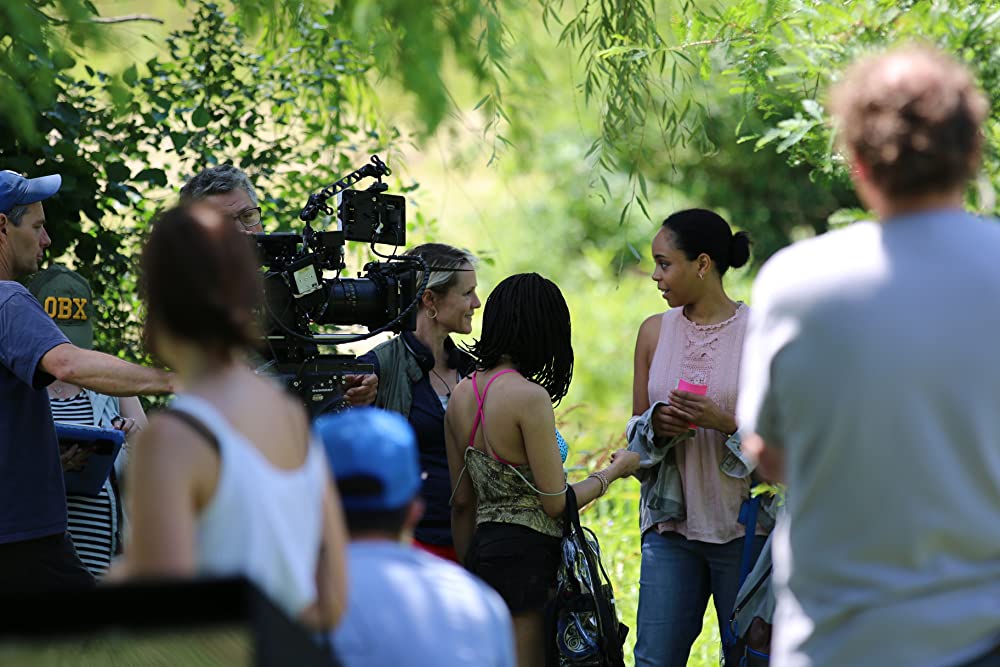
Tell us about your journey into filmmaking. What did you do before working in film?
I focus on topics where I think my voice can make a difference. In addition to being a filmmaker, I am a faculty member at NYU. For the past 20 years, my scholarly work has focused on recovery from trauma, suicide prevention and domestic violence.
Was there any particular film or TV show that inspired you to become a filmmaker?
So many! Rashomon (see additional selections below).
What was the first project you ever worked on, and what did you learn from the experience
I brought a camera to a family story, thinking I wanted to preserve the “record” for the generations that would follow. The cameras were rolling when we discovered what felt like a “cover up.” It became obvious that I would have to teach myself filmmaking in order to tell this crucial story.
What are five films you think everyone should watch in their lifetime?
Notes from the Field
White Ribbon
Sophie’s Choice
Moonlight
Crying Game
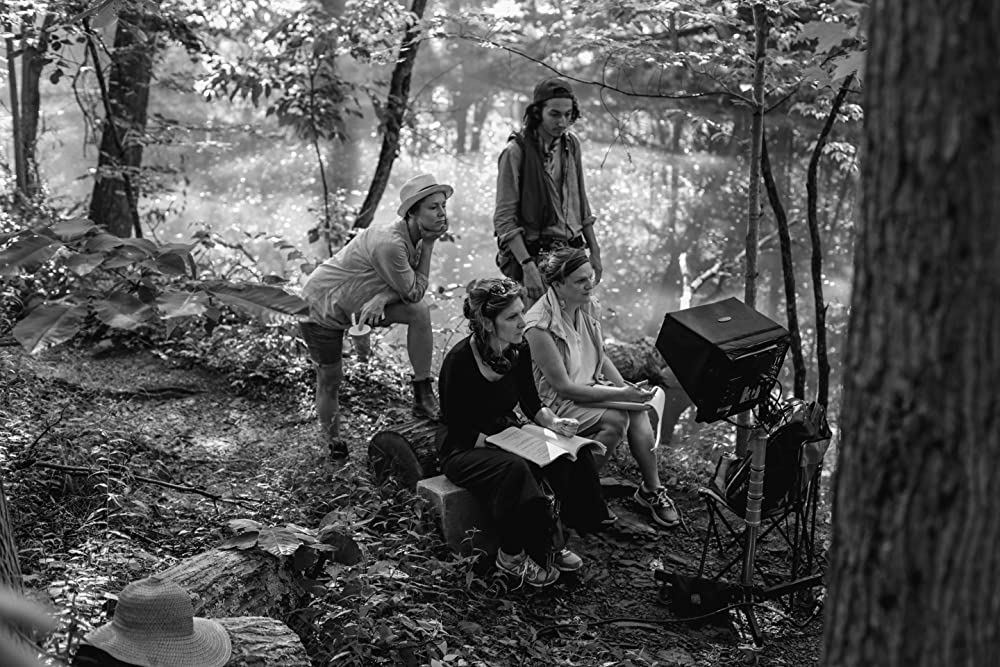
Talk us through your creative process.
My creative process often starts with an idea of what I think “needs” saying. What is interesting about the creative process is that one’s ideas change as the process unfolds. You think you want to say one thing, and with time, effort, and perhaps most importantly – input – that message crystalizes, becomes clearer – and shifts. The creative process is never a straight line!
Who are your current influences?
I have the privilege of getting to know many emerging filmmakers at NYU, through a storytelling incubator I helped create, called the NYU Production Lab. Cathy Yan, Michael Larnell, among others, have provided tremendous inspiration over the years. It is an exciting time to be in filmmaking given the tectonic shifts.
Do you listen to any particular music to help you create?
I need silence to think and create!
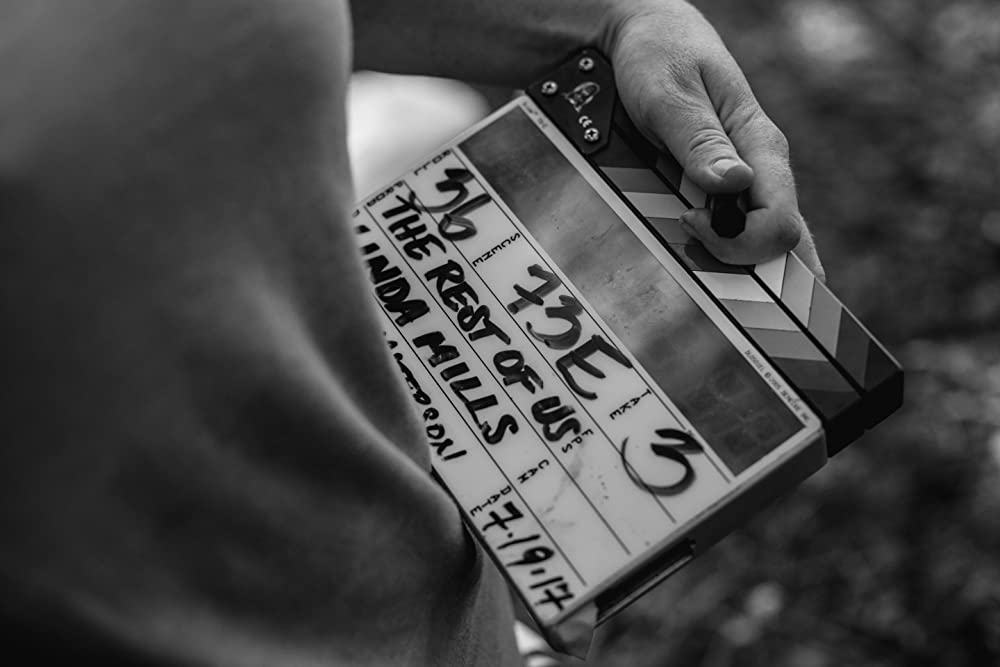
Do you have any experience with mentors? If so, do you recommend them for up and coming filmmakers?
Surround yourself with a truly diverse team of people you respect and appreciate, but also folks who will be honest with you about your work.
What is your favorite part of the filmmaking process?
I love creating the story through editing it. It is always gratifying to reshape the story in ways you hadn’t anticipated initially. Also, music always lifts a film – it is a stunning and integral part of the creative process.
How did you get involved with The Rest of Us?
Mental health and resilience have been central to my scholarly work for many years. I knew I wanted to tell a story that hadn’t been told before – one that captured two themes – first, that mental health affects everyone and second, that humans are resilient, even under the most difficult of circumstances.
In order to do this authentically, we brought together a group of activists and actors from a variety of backgrounds who had worked on mental health issues and who could help shape a story about college students who are left behind, after a death by suicide on campus (hence, the title, The Rest of Us).
Ricardo Pérez González, an expert in a process called “devising,” among other things, engaged these activists and actors to create the storyline for the film. Laura Moss and Ricardo then wrote the script from these devising sessions. What a talented duo.
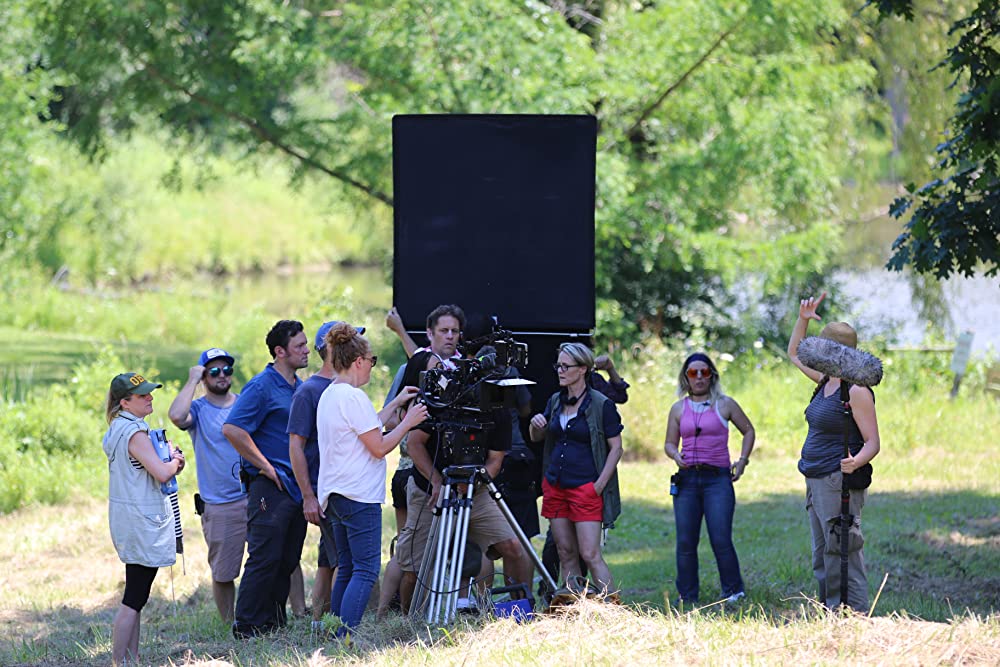
What was your experience working on The Rest of Us?
Remarkable! Difficult! Inspiring! I am so thrilled that we are finally seeing the fruits of our collective labor during Mental Health Awareness Month, and after a year+ of COVID. The timing of the release of The Rest of Us couldn’t be more perfect.
We, as a nation, need to grapple with the aftermath of COVID and the many other issues confronting this country. We need to stay focused on the vulnerable. Hopefully, The Rest of Us can help inspire this focused attention.
While on set filming The Rest of Us, you wore multiple hats. How did you juggle so many responsibilities?
That’s what filmmaking is – you jump in wherever you’re needed.
The Rest of Us was your first time directing a full-length feature. How did that differ from previous projects of yours?
I made two feature length documentaries (Auf Wiedersehen, Til We Meet Again and Of Many, Then and Now) but this was my first fiction feature, working with actors. It was very exciting (and different) to honor the creative process of artists and all that they bring to set.
Everyone working on The Rest of Us believed in its purpose and shared the important goal of supporting the mental health of young people. We must listen to this generation to understand how we can collectively meet their needs.
What do you hope audiences take away from The Rest of Us?
Quite intentionally, The Rest of Us focuses on the living – how we cultivate resilience among those who have been exposed to devastating loss. Preventing suicide and being there for those who are “left behind” are two additional themes in this film.

Where do you see yourself in five years?
I am currently writing a non-fiction book. I hope the story will become my next film.
Could you ever see yourself writing your own screenplay further down the line?
Perhaps. The filmmakers I meet today are often writing their own stories or stories that touch them personally. It is inspiring – it is also really difficult to untangle the story you need to tell from the story you think is you.
What advice do you have for up and coming filmmakers?
Keep going – there are a million set-backs, unexpected road blocks and challenges. Carry on and don’t be deterred by the impediments. No is an invitation to yes.
What has been your biggest success and failure to date?
Success: I was really surprised by the attention our film, Of Many, Then and Now, received. After a terrific film festival run all over the world, it was featured on ABC and over 8 million people watched it!
Failure: Trying to get the attention of a platform for a film that is ahead of its time. We just keep at it – its time will come!
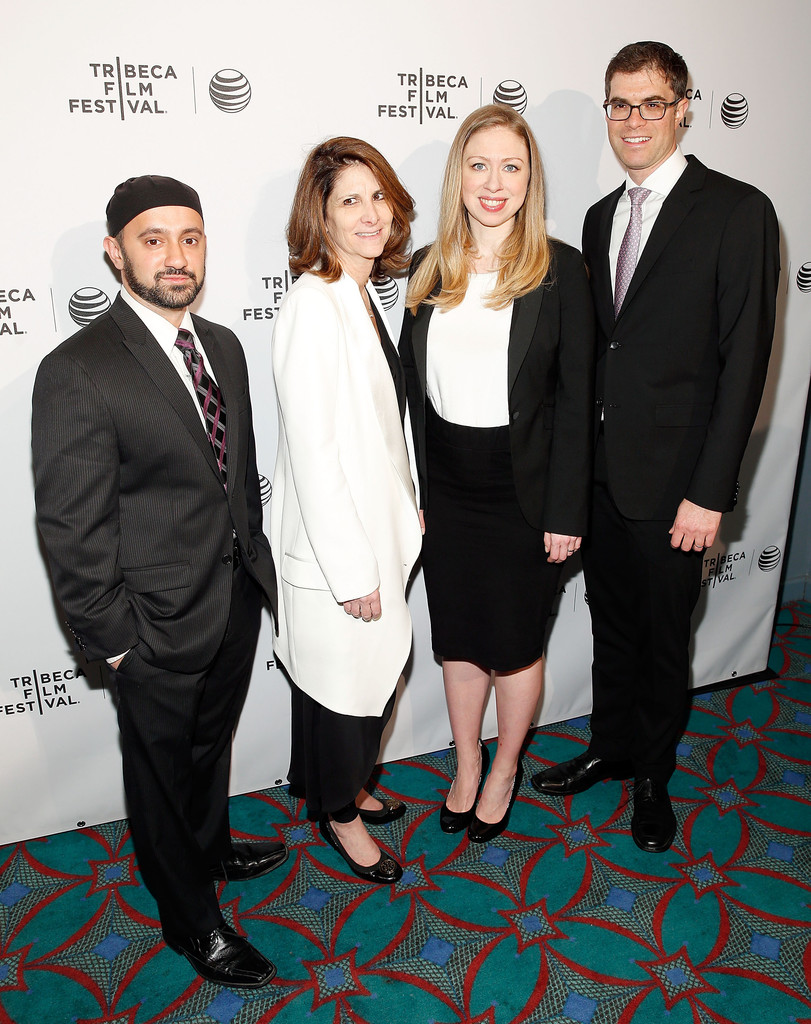
If any director could direct the story of your life, who would you choose and why?
Now that’s a tough question. Margareta von Trotta comes to mind.
If you could only watch one movie for the rest of your life, what would you choose and why?
I would want funny – a comedy, and lots of it. The Comedy Channel?
What’s next on the docket for you?
A book. I am excited to re-explore this medium.





